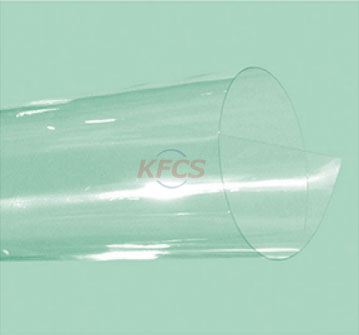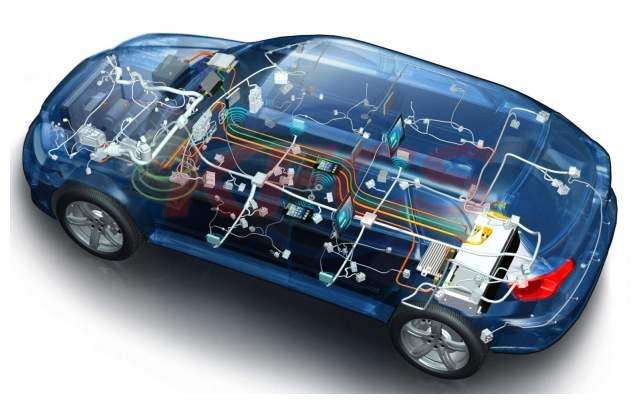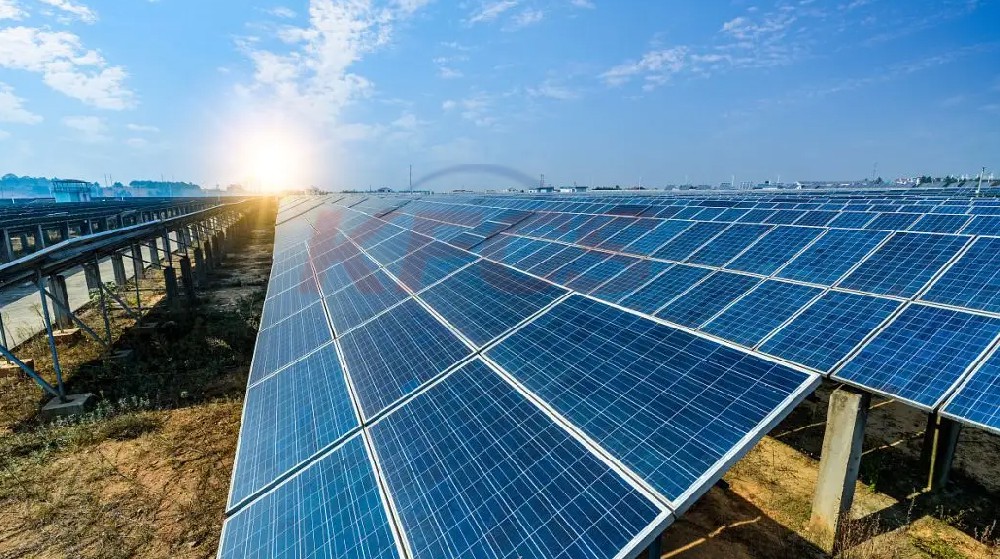Significance of power battery recycling
2022-04-26
After an ordinary battery is discarded into nature, it can pollute 600000 liters of water, which is equivalent to the water consumption of a person's life. Whether the waste battery is in the atmosphere or deeply buried in the ground, its heavy metal components will overflow with the seepage, resulting in the pollution of groundwater and soil. Over time, it will seriously endanger human health. Therefore, while studying where the power battery comes from, we need to know where it will go.
Obviously, if discarded lithium batteries are discarded at will or handled improperly, they will have a serious negative impact on the ecological environment. After all, their positive and negative electrodes contain certain toxic chemicals and refractory materials, which may damage the ecosystem and ultimately human health.
Although the main materials of power batteries do not contain mercury, cadmium, lead and other toxic heavy metal elements, they also contain cobalt, nickel, copper, manganese, organic carbonate and other toxic chemicals in cathode, electrolyte and other materials. Some refractory organic solvents and their decomposition and hydrolysis products will cause serious pollution to the atmosphere, water and soil and damage the ecosystem; The enrichment effect of cobalt, nickel, copper and other heavy metals in the environment will eventually damage human health.
On the other hand, effective power battery recycling can bring great economic value. Many people know that power batteries contain high-value metals such as lithium, cobalt and nickel, which can produce great resource value after recycling.
About News
- World's largest lithium-vanadium hybrid energy storage system starts up at Oxford Energy Centre
- Lithium battery processing equipment is used for crushing device for scrapped lithium ion power battery
- Components of vanadium battery system
- China's battery industry will express development
- Volkswagen USA accelerates the layout of power battery recycling
- Significance of vanadium flow battery energy storage
- Lithium battery recycling process and its application
- The global all-vanadium flow battery market will reach a scale of 100 billion in 2023
- South African grid operator Eskom plans to deploy 199MW/832MWh battery energy storage project
- The all-vanadium redox flow battery (VRFB) is a large-scale energy storage systems
Products








